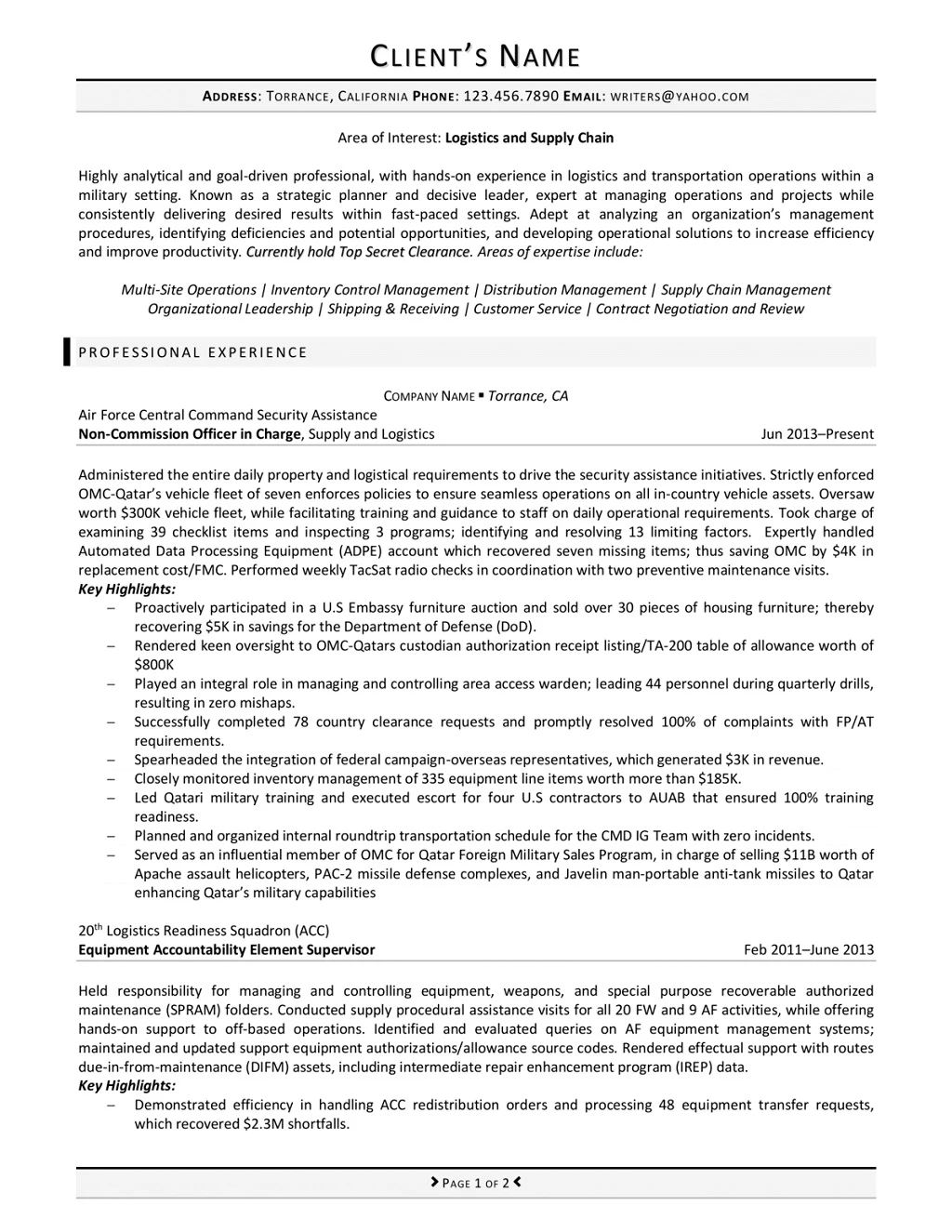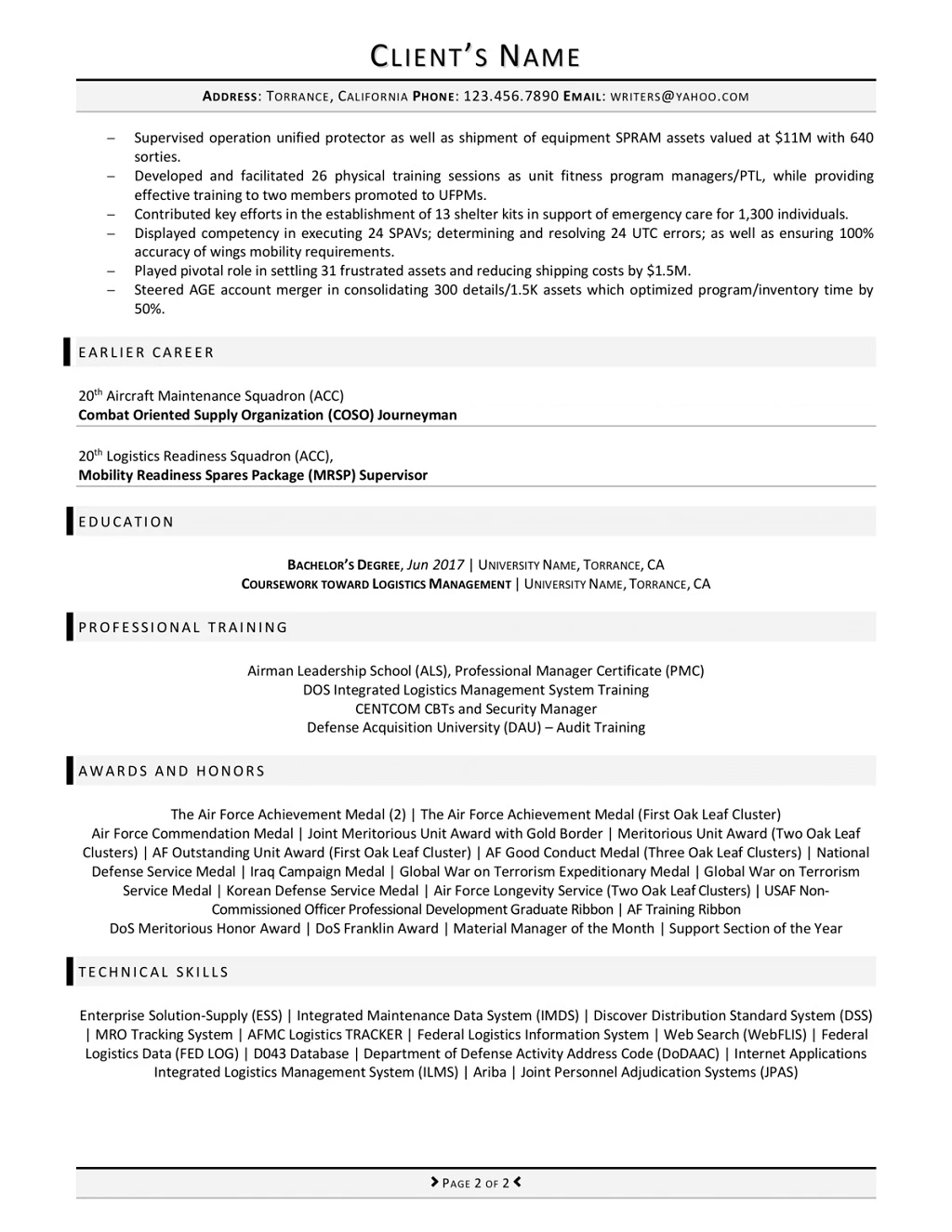Transitioning from a military career to a civilian job can be both exciting and challenging. One of the most crucial steps in this journey is creating a compelling military-to-civilian resume that effectively showcases your skills and experiences to potential employers.
This guide will help you navigate the process, ensuring your resume stands out in today’s competitive job market. March forward and read on!
The Status of Military-to-Civilian Transition in the United States
Each year in the United States alone, approximately 200,000 service members transition from military service to civilian life. This significant number highlights the growing need for resources and support systems to facilitate a smooth military to civilian transition.
One of the most important programs guiding service members through this shift is the Transition Assistance Program (TAP). Established under 10 U.S.C. 1144, TAP is a joint initiative led by the Department of Labor, the Department of Defense, the Department of Education, the Department of Homeland Security, the Department of Veterans Affairs, the Small Business Administration, and the Office of Personnel Management.
The primary purpose of TAP is to equip service members with the knowledge, tools, and resources necessary for a successful transition into civilian life. The program provides career counseling, employment assistance, financial planning, and education on benefits available to veterans. By offering tailored support, TAP helps individuals secure meaningful employment, pursue further education, or start their own businesses after military service.
Top Federal Jobs Veterans are Pursuing Amid Workforce Changes
As the workforce landscape evolves in 2025, many veterans are finding rewarding careers within the federal government. Their unique skills and experiences make them well-suited for a variety of roles. Here are some top federal positions that veterans are pursuing:
1. Federal Law Enforcement Officer
Veterans often excel in federal law enforcement roles due to their discipline and experience in high-pressure situations. Agencies such as the Department of Homeland Security (DHS) actively recruit veterans for positions within Immigration and Customs Enforcement (ICE), where they can serve as special agents or deportation officers.
2. Program Analyst
Program analysts play a crucial role in evaluating and improving government programs. Veterans’ analytical skills and familiarity with governmental operations make them ideal candidates for these positions across various federal agencies. Opportunities for program analyst roles can be found on USAJOBS, the federal government’s official employment site.
3. Contract Specialist
With experience in procurement and logistics, veterans are well-equipped for contract specialist roles. These professionals manage contracts for goods and services within federal agencies, ensuring compliance and efficiency. The Department of Defense (DoD) and other agencies regularly seek veterans for these positions.
4. Information Technology Specialist
The federal government has a growing need for IT specialists to manage and secure its digital infrastructure. Veterans with backgrounds in communications and technology can find roles in agencies like the Federal Emergency Management Agency (FEMA) and the Department of Veterans Affairs (VA).
5. Human Resources Specialist
Veterans’ leadership and interpersonal skills are valuable in human resources roles within the federal government. HR specialists are responsible for recruiting, training, and managing personnel, ensuring that agencies operate effectively. Positions are available across various departments, including the VA.
6. Air Traffic Controller
Veterans with experience in aviation and operations management are well-suited for air traffic controller roles. The Federal Aviation Administration (FAA) actively hires veterans to manage air traffic, ensuring safe and efficient air travel across the country. Due to the structured and high-pressure nature of the job, former military personnel with backgrounds in aviation command and control excel in this position.

How Long will the Hiring Freeze Last for Federal Jobs?
Under the current administration, President Donald Trump signed several executive orders, including a federal hiring freeze. This order stopped executive branch agencies and departments from hiring new employees, putting federal recruitment on hold.
This hiring freeze was set for 90 days, allowing officials from the Office of Management and Budget (OMB), the Office of Personnel Management (OPM), and the newly formed Department of Government Efficiency (DOGE) to create a plan for downsizing the federal workforce.
Employment Resources to Support Veterans in 2025
While hiring freezes and policy changes can create uncertainty in the job market, there are still valuable resources available to help veterans transition into civilian careers. That being said, we have come up with a list to aid you.
Feds Hire Vets
Feds Hire Vets is a job board dedicated to connecting you with federal agencies that prioritize veterans over other applicants.
Hire Heroes USA
Hire Heroes USA is a nonprofit organization dedicated to empowering U.S. military members, veterans, and their spouses to succeed in the civilian workforce. They offer personalized career coaching, job search assistance, and workshops.
Military.com
Military.com offers a comprehensive transition center that provides resources for veterans transitioning to civilian life. It includes job search tools, resume assistance, and information on education and career development.
Military Hire
Military Hire is a job board specifically designed for veterans. It connects veterans with employers looking to hire military talent and provides resources for career development, including resume assistance and job search tools.
National Resource Directory
The National Resource Directory is a website that connects veterans, service members, and their families with valuable resources. It includes a job search portal, educational resources, and information on benefits and assistance programs.
RecruitMilitary
RecruitMilitary hosts career fairs and offers an online job board to connect veterans with employers seeking military talent. The platform also provides resources for resume building, career advice, and job search strategies.
Troops to Teachers
Troops to Teachers is a program that assists military veterans in transitioning to careers in education. The program provides information on teacher certification, job placement assistance, and resources for veterans interested in pursuing teaching careers.
VA.gov
The US Department of Veterans Affairs website offers a range of employment resources for veterans. It provides links to federal employment opportunities, vocational rehabilitation services, and educational assistance programs to support veterans in their career transitions.
Veterans.gov
Veterans.gov is a comprehensive resource that connects veterans to employment services, job search tools, and information on federal employment programs. It also provides resources for employers looking to hire veterans.

How to Write a Military-to-Civilian Resume That Stands Out in Today’s Job Market
Writing a compelling military-to-civilian resume requires translating your unique skills and experiences into language that resonates with civilian employers. Here are some tips to help you create an effective resume that highlights your strengths and increases your chances of landing a civilian job.
1. Review the job description.
In order to showcase relevant work experience and skills to your resume, it’s vital that you have a full understanding of the job you’re applying for. Hence, make sure that you know the roles and responsibilities of the post.
2. Understand civilian language.
Avoid military jargon and acronyms that might not be familiar to civilian employers. Translate your military roles and responsibilities into language that is easily understandable in the civilian context.
3. Highlight transferable skills.
Emphasize transferable skills such as leadership, teamwork, communication, problem-solving, and adaptability. Clearly articulate how these skills are relevant to the civilian job you are applying for.
4. Address employment gaps.
If you have employment gaps due to military deployments, consider addressing them in your cover letter or resume. Frame these experiences positively, emphasizing the skills gained during those periods.
5. Network with veterans in civilian careers.
Leverage veteran networks and professional organizations to connect with individuals who have successfully transitioned from military to civilian careers. Seek advice, insights, and potential mentorship to navigate the job market.
The Power Words You Need on Your Military-to-Civilian Resume in 2025
Incorporating strong action verbs can make your resume more impactful. Consider using words like:
| LEADERSHIP | TEAMWORK | COMMUNICATION | PROBLEM SOLVING | ADAPTABILITY |
|---|---|---|---|---|
| Commanded | Collaborated | Addressed | Adapted | Accommodated |
| Delegated | Contributed to | Briefed | Analyzed | Adjusted |
| Directed | Coordinated | Communicated | Diagnosed | Embraced change |
| Facilitated | Engaged in group efforts | Conveyed | Formulated solutions | Evolved |
| Led | Guided collaborative initiatives | Corresponded | Innovated | Flexed |
| Managed | Participated in joint mission | Informed | Investigated | Managed uncertainty |
| Oversaw | Partnered with | Liaised | Resolved | Navigated |
| Pioneered | Promoted cohesion | Presented | Reconfigured | Overcame |
| Pivoted | Supported | Spoke | Solved | Remained agile |
| Supervised | Worked closely with | Wrote | Troubleshooted | Responded to |
| EFFICIENCY AND ORGANIZATION | ACHIEVEMENTS | TRAINING AND DEVELOPMENT | SAFETY | TECHNICAL AND SPECIALIZED SKILLS |
|---|---|---|---|---|
| Enhanced efficiency | Accomplished | Coached | Enforced | Assembled |
| Integrated | Achieved | Cultivated | Ensured | Calibrated |
| Managed resources | Attained | Developed | Inspected | Engineered |
| Optimized | Completed | Educated | Maintained | Executed |
| Organized | Earned recognition for | Facilitated learning | Mitigated risks | Installed |
| Planned | Excelled | Fostered growth | Monitored | Operated |
| Prioritized | Honored for | Guided | Protected | Piloted |
| Spearheaded | Received awards for | Instructed | Safeguarded | Programmed |
| Streamlined | Succeeded in | Mentored | Secured | Utilized |
| Systematized | Surpassed | Trained | Upheld | Validated |
Military-to-Civilian Resume Example: What’s Working Right Now
To help you in your transition, here is a professionally crafted military-to-civilian resume example that you can use as a reference.


Expert Tips for Crafting a Military-to-Civilian Resume That Gets Noticed
Writing a compelling military-to-civilian resume requires translating your unique skills and experiences into language that resonates with civilian employers. Here are some tips to help you create an effective resume that highlights your strengths and increases your chances of landing a civilian job.
1. Review the job description.
In order to showcase relevant work experience and skills to your resume, it’s vital that you have a full understanding of the job you’re applying for. Hence, make sure that you know the roles and responsibilities of the post.
2. Understand civilian language.
Avoid military jargon and acronyms that might not be familiar to civilian employers. Translate your military roles and responsibilities into language that is easily understandable in the civilian context.
3. Highlight transferable skills.
Emphasize transferable skills such as leadership, teamwork, communication, problem-solving, and adaptability. Clearly articulate how these skills are relevant to the civilian job you are applying for.
4. Address employment gaps.
If you have employment gaps due to military deployments, consider addressing them in your cover letter or resume. Frame these experiences positively, emphasizing the skills gained during those periods.
5. Network with veterans in civilian careers.
Leverage veteran networks and professional organizations to connect with individuals who have successfully transitioned from military to civilian careers. Seek advice, insights, and potential mentorship to navigate the job market.

Reach Your Military-to-Civilian Transition Goals with a Standout Resume
Take control of your federal career transition with a professionally crafted resume. Securing a government job requires more than just a standard military-to-civilian resume—it demands a well-structured federal resume that meets strict hiring guidelines.
At Resume Professional Writers, we specialize in federal resume writing, helping veterans translate their military experience into qualifications that align with federal job requirements. Our expert writers ensure your resume meets high-quality standards, effectively highlights your skills, and positions you as a top candidate.
Don’t leave your federal job prospects to chance. Let our expert team help you craft a job-winning federal resume today!





